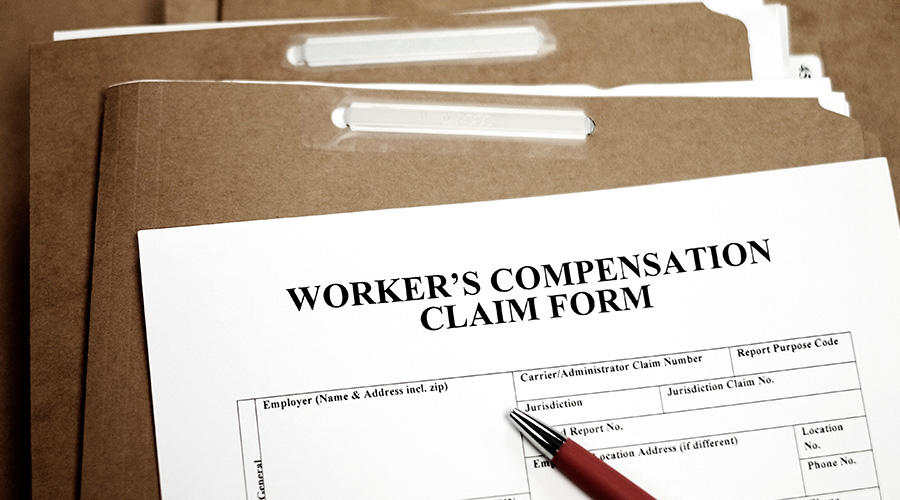If more than half of your hospital’s workers’ compensation claims had to be paid – no questions asked – how would your budget and risk strategy change? That’s the reality California acute care hospitals could face if SB 632 becomes law.
SB 632 would introduce a “rebuttable presumption,” which is a legal rule where a fact is assumed to be true unless a person proves otherwise, according to California Legislative Information. In the context of workers’ compensation, it means the law starts out with assuming the worker’s injury or illness was caused by their job. Normally, the burden of proof falls to the employee. Under a rebuttable presumption, it’s up to the employer to prove it wasn’t work-related. However, this is difficult to do as medical conditions can have numerous causes.
According to a California Workers’ Compensation Institute (CWCI) analysis, SB 632 would apply to 55.7 percent of all hospital worker claims from 2019 to 2024, covering injuries like musculoskeletal disorders (32.1 percent), COVID-19 (21.7 percent) and respiratory diseases (1.3 percent) if passed.
Related Content: 5 Components of an Integrated Safety Culture in Healthcare
Hospitals already accept these claims nearly at the same rate as the general workforce – 15.0 percent denial rate vs. 15.7 percent, according to the report. It raises the question whether a sweeping presumption is necessary since denial rates were relatively similar.
The bill would also set a new precedent for workers’ compensation. Presumptions have almost always been reserved for public safety officers for injuries tied to unique, unavoidable hazards. Hospitals already have thorough safety programs and hazard controls which makes conditions very different from public safety roles.
There are numerous real-world implications for healthcare facilities managers:
- Financial: Increased workers’ comp payouts and potentially higher insurance premiums.
- Administrative: More processing of claims, investigations and legal work given the difficultly of rebutting.
- Safety and staffing: Pressure to further reduce injuries through equipment upgrades, training or schedule changes.
- Budgeting: Needing to forecast compensation costs more conservatively, which could impact capital projects or staffing levels.
SB 632 would make risk management and budgeting more complex for healthcare facilities managers, even for hospitals with strong safety programs. Reviewing injury trends, strengthening prevention measures and planning for potential cost increases will be critical. Staying ahead of these changes ensures safe work environments while protecting both staff and the bottom line.
Jeff Wardon, Jr., is the assistant editor of the facilities market.

 The High Cost of Healthcare Violence
The High Cost of Healthcare Violence EVS Teams Can Improve Patient Experience in Emergency Departments
EVS Teams Can Improve Patient Experience in Emergency Departments East Tennessee Children's Hospital to Become Dolly Parton Children's Hospital
East Tennessee Children's Hospital to Become Dolly Parton Children's Hospital The Future of the Global Hospital Hygiene Market
The Future of the Global Hospital Hygiene Market Rethinking Fire Safety Inspections
Rethinking Fire Safety Inspections